Introduction
The concept of the Metaverse has transcended the realm of science fiction to become a tangible reality, reshaping the way we interact with technology, each other, and the world around us. This digital universe, a convergence of virtual reality (VR), augmented reality (AR), and the internet, is poised to revolutionize every aspect of our lives—from how we work and play to how we socialize and even how we perceive reality itself. In this comprehensive exploration, we delve into the Metaverse revolution, examining its origins, its current state, and its potential to transform the future.
What is the Metaverse?
The Metaverse is a collective virtual shared space, created by the convergence of virtually enhanced physical reality, augmented reality, and the internet. It is a space where users can interact with a computer-generated environment and other users in real-time. Think of it as a fully immersive digital universe where the boundaries between the physical and virtual worlds blur.
The Origins of the Metaverse
The term “Metaverse” was first coined by Neal Stephenson in his 1992 science fiction novel “Snow Crash.” In the book, the Metaverse is a virtual reality-based successor to the internet, where users interact with each other and software agents in a three-dimensional space. While Stephenson’s vision was fictional, it laid the groundwork for the development of real-world technologies that are bringing the Metaverse to life.
The Building Blocks of the Metaverse
The Metaverse is built on several key technologies:
- Virtual Reality (VR): VR creates a fully immersive digital environment that users can interact with using specialized equipment like VR headsets and gloves.
- Augmented Reality (AR): AR overlays digital information onto the physical world, enhancing our perception of reality. Examples include Pokémon Go and Snapchat filters.
- Blockchain: Blockchain technology enables the creation of decentralized digital assets and economies within the Metaverse, allowing for secure ownership and transactions.
- Artificial Intelligence (AI): AI powers the intelligent agents and NPCs (non-player characters) that populate the Metaverse, enabling realistic interactions and experiences.
- 5G and Edge Computing: These technologies provide the high-speed, low-latency connectivity needed for seamless real-time interactions in the Metaverse.
The Metaverse and Work: A New Frontier for Productivity
Metaverse is poised to revolutionize the way we work, offering new opportunities for collaboration, creativity, and productivity.
Remote Work in the Metaverse
The COVID-19 pandemic accelerated the adoption of remote work, and the Metaverse is set to take it to the next level. In the Metaverse, remote work becomes more immersive and interactive, with virtual offices that replicate the experience of being in a physical workspace.
Virtual Offices
Imagine logging into a virtual office where you can interact with colleagues in real-time, attend meetings in a virtual boardroom, and even collaborate on projects using digital whiteboards and 3D models. Companies like Microsoft and Facebook (now Meta) are already developing virtual office platforms that leverage VR and AR to create more engaging and productive remote work environments.
Enhanced Collaboration
The Metaverse enables new forms of collaboration that go beyond traditional video conferencing. For example, architects and engineers can work together in a virtual space to design and visualize complex structures, while marketers can create immersive brand experiences that engage customers in new ways.
The Gig Economy and the Metaverse
The Metaverse also has the potential to transform the gig economy, offering new opportunities for freelancers and independent contractors. In the Metaverse, gig workers can offer their services in a virtual marketplace, from virtual event planning to digital fashion design.
Virtual Marketplaces
Platforms like Decentraland and The Sandbox are already creating virtual marketplaces where users can buy, sell, and trade digital assets. These marketplaces are powered by blockchain technology, ensuring secure and transparent transactions.
New Job Opportunities
The Metaverse will create entirely new job categories, from virtual real estate brokers to digital fashion designers. As the Metaverse grows, so too will the demand for skilled professionals who can navigate and shape this new digital landscape.
The Metaverse and Play: Redefining Entertainment
The Metaverse is not just changing the way we work; it’s also redefining the way we play. From gaming to social interactions, the Metaverse offers new forms of entertainment that are more immersive, interactive, and engaging.
Gaming in the Metaverse
Gaming is one of the most obvious applications of the Metaverse, and it’s already a multi-billion-dollar industry. In the Metaverse, games become more than just a form of entertainment; they become fully immersive experiences that blur the line between the virtual and the real.
Immersive Gameplay
In the Metaverse, players can step into the game world and interact with it in ways that were previously unimaginable. For example, in a VR game, players can physically move around, use their hands to manipulate objects, and even feel the impact of in-game actions through haptic feedback.
Social Gaming
The Metaverse also enables new forms of social gaming, where players can interact with each other in real-time, regardless of their physical location. Games like Fortnite and Roblox are already incorporating social elements, allowing players to meet up, chat, and collaborate in virtual spaces.
Virtual Concerts and Events
The Metaverse is also transforming the entertainment industry, offering new ways to experience concerts, festivals, and other live events.
Virtual Concerts
Artists like Travis Scott and Marshmello have already hosted virtual concerts in games like Fortnite, attracting millions of viewers from around the world. These virtual concerts offer a new level of interactivity, allowing fans to experience the music in a fully immersive environment.
Virtual Festivals
The Metaverse also enables the creation of virtual festivals, where attendees can explore virtual venues, interact with other attendees, and even participate in activities like virtual art installations and interactive performances.
Social Interactions in the Metaverse
The Metaverse is not just about gaming and entertainment; it’s also about social interactions. In the Metaverse, socializing takes on a new dimension, offering more immersive and meaningful ways to connect with others.
Virtual Social Spaces
Platforms like VRChat and AltspaceVR are creating virtual social spaces where users can meet up, chat, and interact with each other in real-time. These virtual spaces offer a new level of immersion, allowing users to express themselves through avatars and engage in activities like virtual dancing, gaming, and even virtual travel.
Digital Identity and Self-Expression
In the Metaverse, users can create and customize their digital identities, or avatars, to reflect their personalities and preferences. This opens up new possibilities for self-expression, allowing users to experiment with different looks, styles, and even genders.
The Metaverse and Life: A New Digital Reality
The Metaverse is not just changing the way we work and play; it’s also changing the way we live. From education to healthcare, the Metaverse offers new possibilities for enhancing our daily lives.
Education in the Metaverse
The Metaverse has the potential to revolutionize education, offering new ways to learn and engage with content.
Virtual Classrooms
In the Metaverse, classrooms become virtual spaces where students can interact with teachers and peers in real-time, regardless of their physical location. Virtual classrooms offer a more immersive and interactive learning experience, with the ability to explore 3D models, conduct virtual experiments, and even visit historical sites through virtual field trips.
Lifelong Learning
The Metaverse also enables new opportunities for lifelong learning, with virtual courses and workshops that cater to a wide range of interests and skill levels. Whether you’re looking to learn a new language, pick up a new hobby, or advance your career, the Metaverse offers a wealth of educational resources.
Healthcare in the Metaverse
The Metaverse is also transforming healthcare, offering new ways to diagnose, treat, and manage medical conditions.
Virtual Consultations
In the Metaverse, patients can consult with healthcare providers in virtual clinics, reducing the need for in-person visits. Virtual consultations offer a more convenient and accessible way to receive medical care, especially for patients in remote or underserved areas.
Virtual Therapy and Rehabilitation
The Metaverse also offers new possibilities for therapy and rehabilitation, with virtual environments that can be tailored to the needs of individual patients. For example, patients with phobias can undergo exposure therapy in a controlled virtual environment, while those recovering from injuries can engage in virtual rehabilitation exercises.
Real Estate in the Metaverse
The Metaverse is also creating new opportunities in the real estate market, with virtual properties that can be bought, sold, and developed.
Virtual Real Estate
In the Metaverse, virtual real estate is a valuable commodity, with users purchasing virtual land and properties to build homes, businesses, and even entire communities. Platforms like Decentraland and The Sandbox are already creating virtual real estate markets, where users can buy and sell virtual properties using cryptocurrency.
Virtual Architecture and Design
The Metaverse also offers new possibilities for architecture and design, with virtual spaces that can be customized and designed to meet the needs of individual users. Virtual architects and designers can create immersive environments that push the boundaries of creativity and innovation.
The Challenges and Risks of the Metaverse
While the Metaverse offers exciting possibilities, it also comes with its own set of challenges and risks.
Privacy and Security
One of the biggest concerns surrounding the Metaverse is privacy and security. In a fully immersive digital environment, users are constantly generating and sharing data, raising concerns about how that data is collected, stored, and used.
Data Privacy
In the Metaverse, users’ personal data, including their movements, interactions, and even biometric data, can be tracked and recorded. This raises concerns about how that data is used and who has access to it.
Cybersecurity
The Metaverse also presents new cybersecurity challenges, with the potential for hacking, fraud, and other forms of cybercrime. As the Metaverse grows, so too will the need for robust cybersecurity measures to protect users and their data.
Digital Addiction
The immersive nature of the Metaverse also raises concerns about digital addiction. With so much to see and do in the Metaverse, there is a risk that users could become overly reliant on virtual experiences, leading to negative impacts on their mental and physical health.
Mental Health
Spending too much time in the Metaverse could lead to issues like social isolation, anxiety, and depression. It’s important for users to find a balance between their virtual and real-world lives.
Physical Health
The immersive nature of the Metaverse could also lead to physical health issues, such as eye strain, headaches, and even motion sickness. It’s important for users to take regular breaks and practice good ergonomics when using VR and AR devices.
Ethical and Social Implications
The Metaverse also raises a number of ethical and social questions, from issues of digital identity and representation to the potential for exploitation and inequality.
Digital Identity
In the Metaverse, users can create and customize their digital identities, but this also raises questions about authenticity and representation. How do we ensure that users’ digital identities are accurate and respectful?
Exploitation and Inequality
The Metaverse also has the potential to exacerbate existing inequalities, with access to virtual experiences and opportunities potentially limited by factors like income, geography, and technical expertise. It’s important to ensure that the Metaverse is inclusive and accessible to all.
The Future of the Metaverse
The Metaverse is still in its early stages, but its potential is vast. As technology continues to evolve, the Metaverse will become more immersive, interactive, and integrated into our daily lives.
The Evolution of the Metaverse
The Metaverse is constantly evolving, with new technologies and platforms emerging all the time. As VR and AR technology becomes more advanced, the Metaverse will become more realistic and immersive, offering new possibilities for work, play, and life.
Interoperability
One of the key challenges facing the Metaverse is interoperability, or the ability for different platforms and technologies to work together seamlessly. As the Metaverse grows, there will be a need for standards and protocols that enable interoperability, allowing users to move freely between different virtual spaces and experiences.
Integration with the Physical World
The Metaverse is not just a digital space; it’s also a bridge between the digital and physical worlds. As the Metaverse evolves, we can expect to see more integration between virtual and physical experiences, from augmented reality overlays to virtual representations of physical objects and spaces.
The Impact on Society
The Metaverse has the potential to have a profound impact on society, from the way we work and play to the way we interact with each other and the world around us.
Economic Impact
The Metaverse is already creating new economic opportunities, from virtual real estate to digital goods and services. As the Metaverse grows, it will create new industries and job categories, driving economic growth and innovation.
Social Impact
The Metaverse also has the potential to transform social interactions, offering new ways to connect and engage with others. However, it’s important to ensure that the Metaverse is inclusive and accessible, and that it promotes positive social interactions and relationships.
The Role of Regulation
As the Metaverse grows, there will be a need for regulation to ensure that it is safe, secure, and equitable. This includes regulations around data privacy, cybersecurity, and digital rights, as well as guidelines for ethical behavior and content moderation.
Data Privacy and Security
Regulations around data privacy and security will be crucial to protecting users’ personal information and ensuring that the Metaverse is a safe and secure environment.
Ethical Guidelines
Ethical guidelines will also be important to ensure that the Metaverse is used in a way that promotes positive social interactions and respects users’ rights and dignity.
Conclusion
The Metaverse is more than just a technological innovation; it’s a cultural and societal shift that is reshaping the way we work, play, and live. As the Metaverse continues to evolve, it will offer new opportunities for creativity, collaboration, and connection, while also presenting new challenges and risks. By understanding the potential of the Metaverse and addressing its challenges, we can ensure that it becomes a positive force for change, enhancing our lives and shaping the future in ways we can only begin to imagine. The Metaverse revolution is here, and it’s changing the world as we know it.
See Also
-
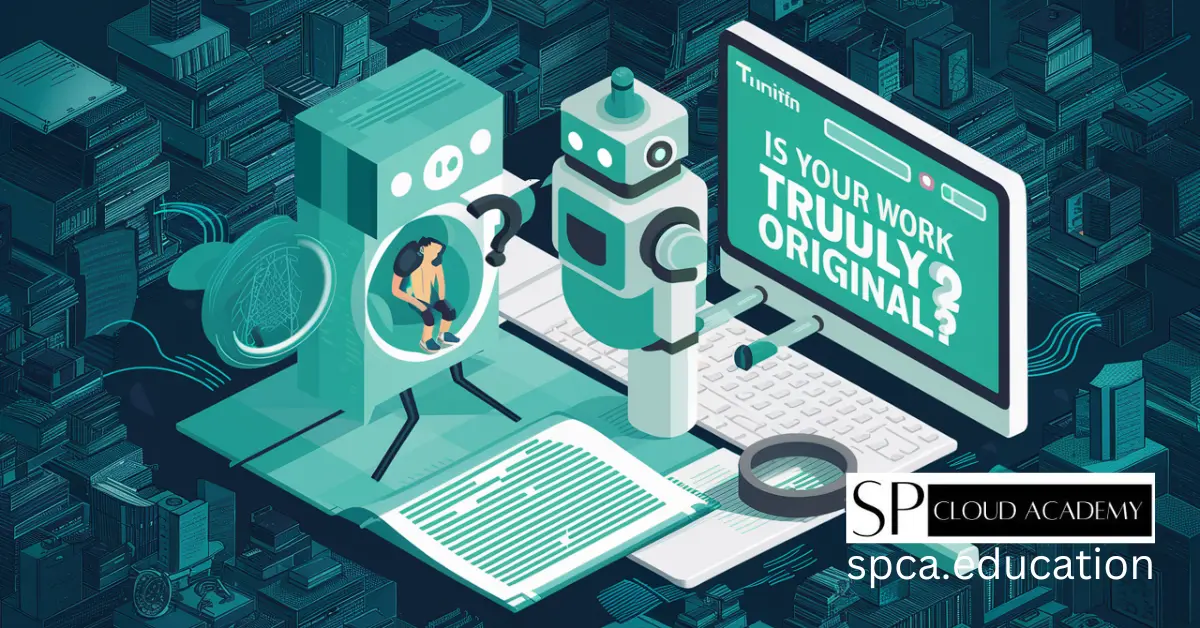
Is Your Work Truly Original? How Turnitin Detects Hidden Plagiarism
-

eSIM Revolution: Why SIM-Less Smartphones Are the Future of Mobile Tech
-

Voice Typing Made Easy: Expert Tips & Tricks for Perfect Hands-Free Writing
-
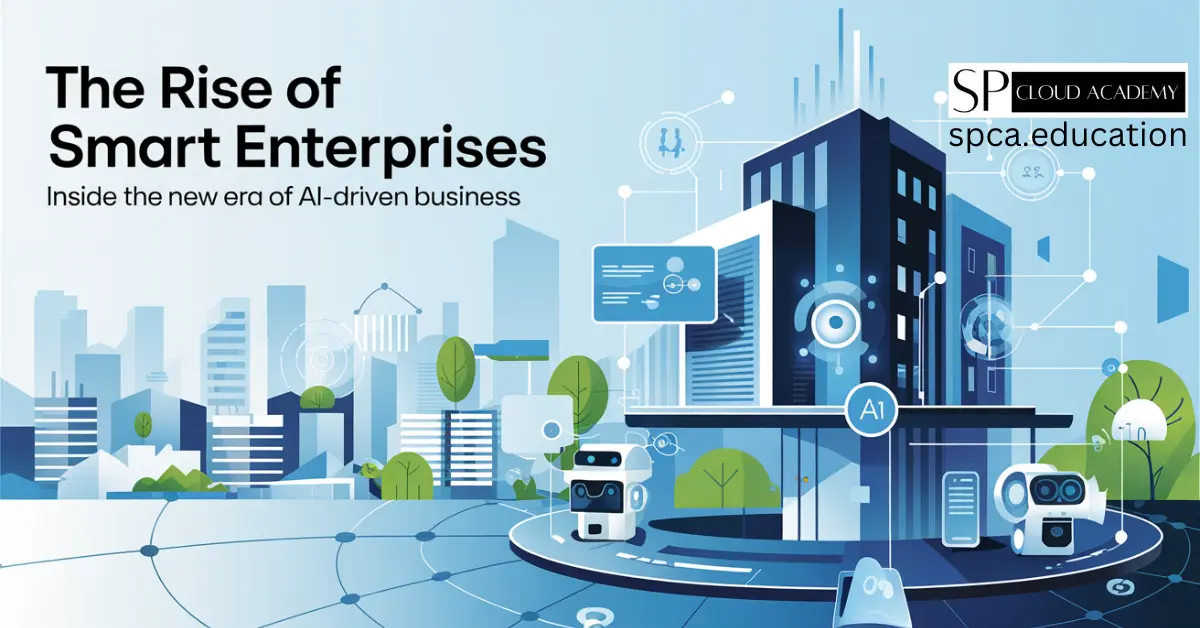
The Rise of Smart Enterprises: Inside the New Era of AI-Driven Business
-

Revolutionize the Way You Think with These Game-Changing Mind Mapping Tools
-
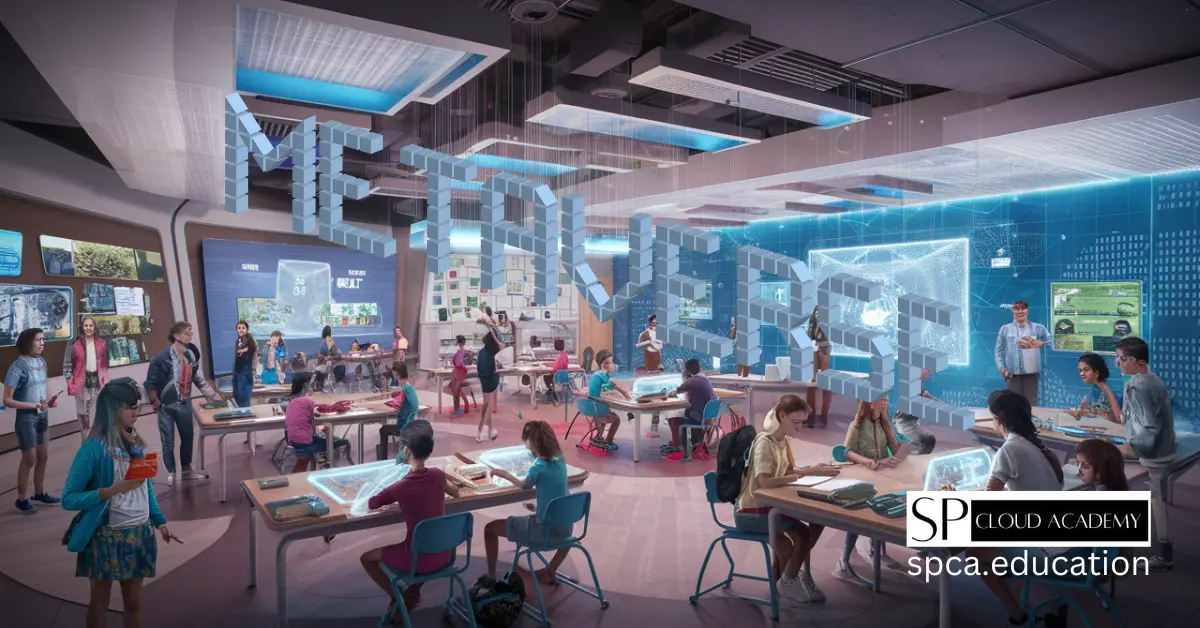
The Metaverse Revolution: How It’s Changing the Way We Work, Play, and Live
-
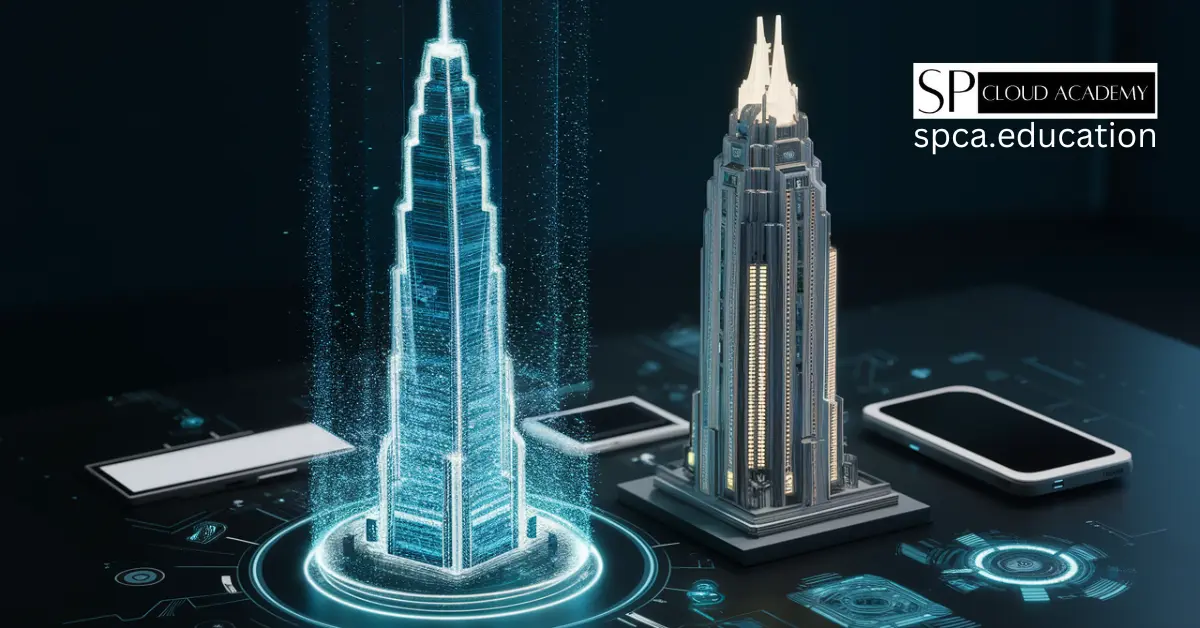
Digital Twins: The Future of Smart Technology and How It’s Transforming Industries
-
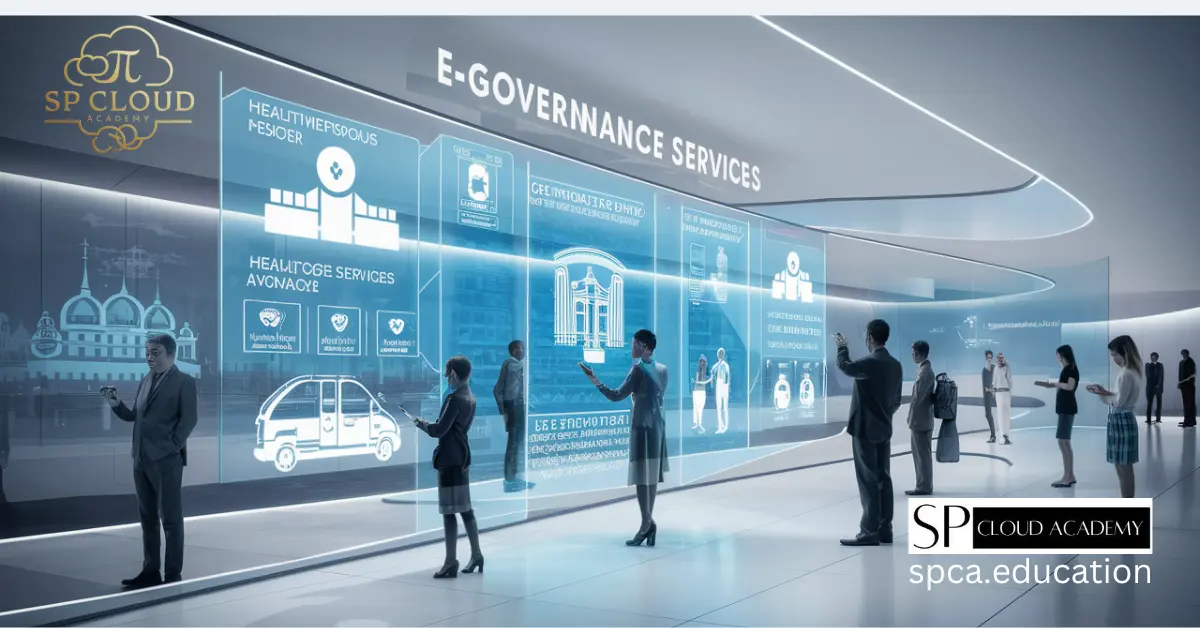
E-Governance Explained: How Technology is Empowering Citizens Like Never Before
-
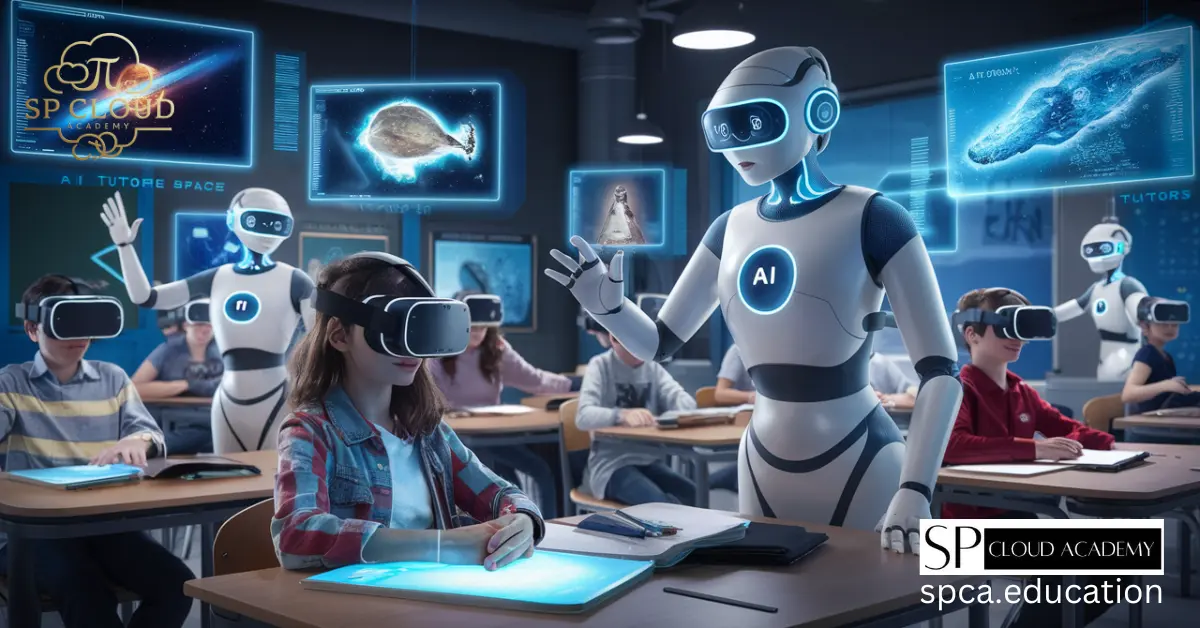
The Future of Education: AI Tutors and Immersive Learning